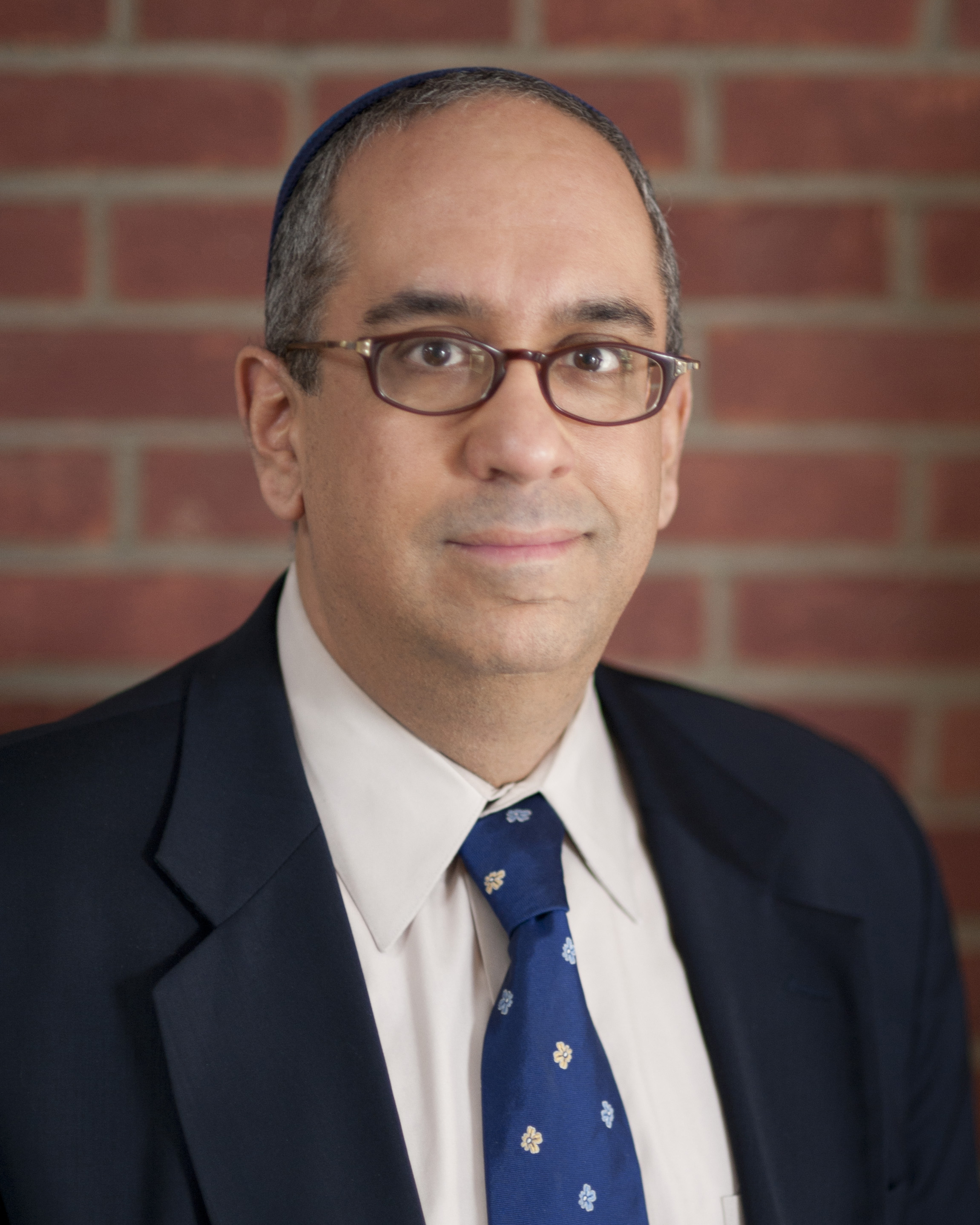It’s hard to hope for peace these days. The ceasefire in Gaza holds but there is no political breakthrough; President Obama has just announced a new and complex military action against a brutal enemy in Iraq and Syria; Ukraine is bleeding, and anti-Semitism in Europe has turned ugly and violent. Here at home, the suburbs of St. Louis exploded with smoke and fire, and justice for the poor seems like a distant dream.
Yet as activists grounded in prophetic ethics, the greatest sin is despair. We cannot stop believing that peace, justice and reconciliation are possible, because that faith propels us to keep working to bring those realities closer. So on Yom Kippur, the day of deepest internal reorientation, we turn from our public campaigns and lobbying and advocacy to ask a quieter question: are we grounded in a deeper faith, and how is that faith renewed?
Now, to be clear, the long confessions of the traditional Yom Kippur liturgy don’t directly ask us to evaluate our hope and belief in a better world, but in a way, that’s what the whole day is all about. Judaism could not ask us to do t’shuvah, repentance, for sins big and small, unless the tradition affirmed that we could change, grow, soften and forgive. On Yom Kippur, social activism begins again with each individual looking within to first change ourselves; this teaches us patience with the fits and starts of healing the world.
The ancient rabbis teach an extraordinary lesson about hope and faith with their interpretation of one of the more dramatic characters of the Yom Kippur liturgy. On the afternoon of Yom Kippur, we read the book of Jonah, and hear about the reluctant prophet going off to Nineveh, the great and wicked city, to pronounce doom. Yet the king of Nineveh doesn’t arrest or silence Jonah, as earthly powers often do to prophetic voices. The king instead announces fasting and repentance throughout the city, all the way down to the cattle in the fields.
This is a humorous image, which pokes fun at our all-day rituals of confession and prayer; after all, the cows of Nineveh did t’shuvah better than most of us do. Yet the ancient rabbis go a step further, and craft an extraordinary midrash identifying the king of Nineveh with Pharaoh, the oppressive king of Exodus and the Passover story. In this midrash, Pharaoh finally believes in God at the splitting of the sea, at which point the angel Gabriel plucks him from the shore, then roughs him up a bit for his sins before installing him as the king in Nineveh.
So what do we learn from all this? Jonah, the Hebrew prophet, could preach only doom, but the King of Nineveh was, in the rabbi’s imagination, a repentant tyrant who could teach and model t’shuvah with great sincerity. The rabbis want us to remember that goodness is not all on our side, and that even enemies and tyrants are born in the Divine Image and thus capable of change. This is not naivete; it took ten plagues and much suffering before Pharaoh could acknowledge a greater God and lead his people in a better way.
Reading the book of Jonah isn’t about fecklessly believing oppressors will do t’shuvah if we simply speak truth to power–though indeed, sometimes that does happen. We don’t read Jonah to learn that social change is easy, but rather that it’s possible, and therefore we must never despair. The rabbis believed that even Pharaoh could change for the better, and thus taught us never to give up on humankind. Never give up on people; this is a great principle of Judaism, without which we can’t bring light to a world which needs it now more than ever.
Rabbi Neal Joseph Loevinger has been a pulpit rabbi, chaplain and adult educator in three states and two countries, and is currently the Director of Spiritual Care Services at Vassar Brothers Medical Center, in Poughkeepsie, NY.


